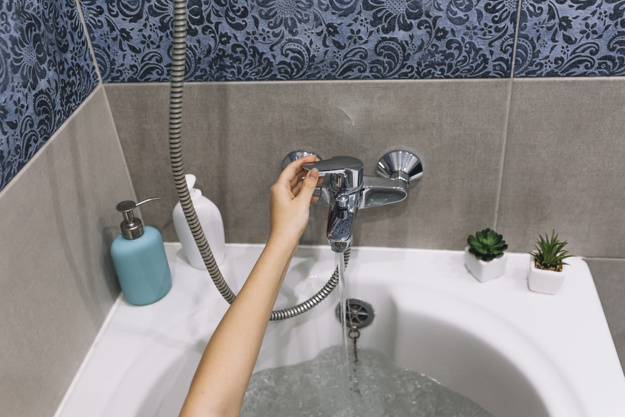It’s early in the morning and you start your wake-up ritual. First, you wash your face, brush your teeth, and now it’s time to take a shower. You turn it on, but you discover nothing but icy cold water coming from the tap. It is shattering for those who rely on this in their wake-up routine. It may be something easily fixable, but even so, you can’t start your day without taking a hot shower, and not to mention how late you’re going to be for work. You’ve got no other option than to contact your landlord and let him know about the problem.
The unexpected loss of hot water can have a lot of factors. In your scenario, the best thing to do is call a plumber. An experienced plumber will recommend you to replace the clogged section of pipe or backflush the clogged area. But you’ll need water pressure to do it, so you may wonder how to address the situation. What could cause a loss of hot water? If the cold water works normally, why does the hot side slow down? If it’s summer outside, it’s not because of frozen pipes. Here are some things you could do to survive your apartment without hot water.
What causes the loss of hot water?
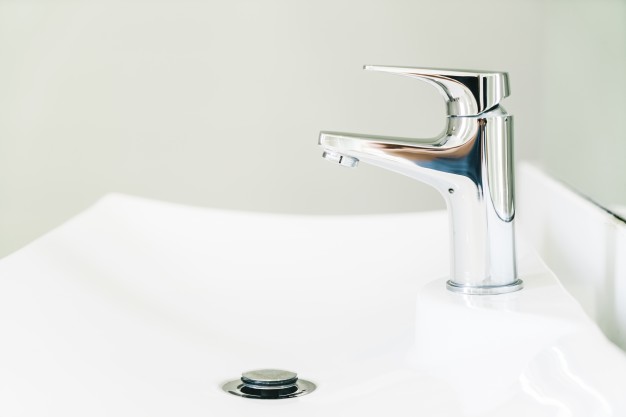
Before starting to fix the hot water issues, you might want to check first what caused them. Is there flow at hot water faucets? If you have a good water pressure, only that it’s cold, then the water supply pipes are not blocked; the issue is in the water heater or in the mixing valve. Things to check if there is no hot water:
- The building water supply
- The water heater energy source
- The incoming cold-water supply
- The pilot lights
- Check for any gas leaks
- Check for flooded compartments
- Faulty heating elements
- Look for any possible water leaks
- Defective thermostat
If you’ve recently noticed that your building hot water shut off, or it provides less hot water in your apartment, you can try to open the switch and push the button. You should hear a “click” sound, meaning that the power will get back soon. Learning to manage such scenarios is sometimes challenging. Other times, all you need to do is buy a bigger water heater so you can have all the water you need. However, it’s best to call a technician and ask for advice. They’ll know how to assess the problem best, or you could rent a temporary boiler if yours is broken at the moment. Check temporaryboiler.com for more information.
Is the landlord responsible?
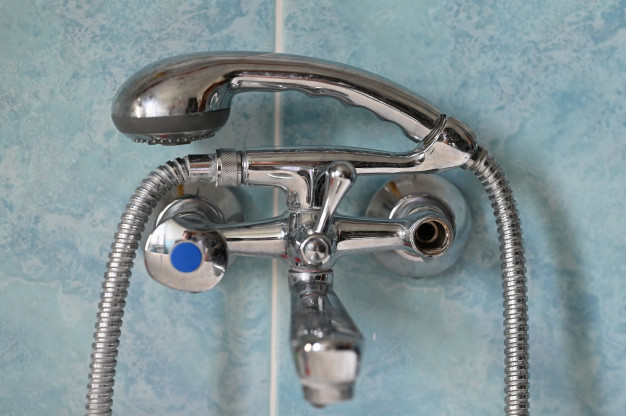
First, whether or not it is specified in the lease agreement, tenants are legally authorized to stay in spaces that allow them to live safely and healthily. They have the right to heat, clean water, or repair leaking plumbing that doesn’t overflow. It is called home security and it’s also a guaranteed right. If you believe that your landlord hasn’t met the minimum requirements to offer you a safe and secure environment, you should contact the LPD, show them the documented evidence, and politely ask them to evaluate the property and decide if it’s safe enough to stay there.
You shouldn’t pay to stay in a place where you fear for your own well-being. You may not own the space, but you have the right to privacy. You pay rent – thus, you are entitled to be notified if maintenance people need to come into the apartment and do repairs. Even if it’s an emergency, you should receive a note, letting you know that your apartment was entered without your consent. Your place should be securely locked up after the maintenance people leave, to prevent strangers from breaking in. Contact your landlord if anyone enters your apartment without your knowledge.
Why do water heaters get broken?
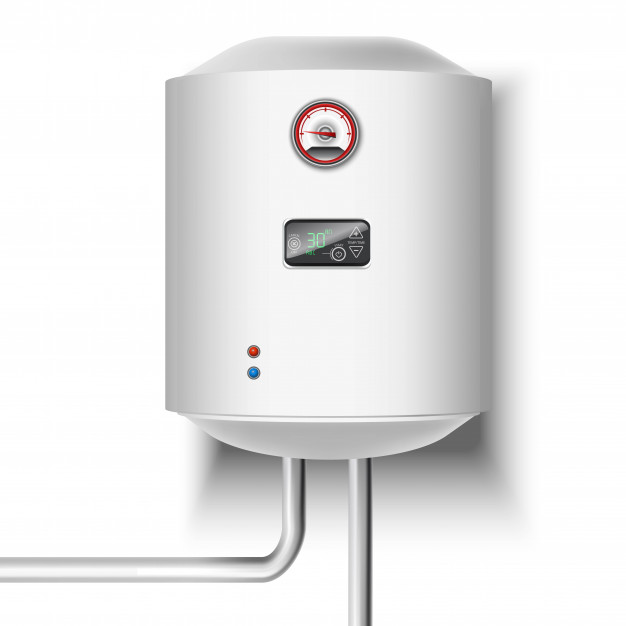
There are many common reasons why water heaters get broken. They’re either too old, or the thermostat is not working any longer. The best way to approach the problem is to install a new water heater. Sometimes, the solution to your hot water problem may be simpler. With gas-powered water heaters, you’ll find it is just the pilot light that needs replacement. Also, a gas leak could be the reason why your water heaters got broken. Residue accumulation in the tank could also prevent the heater’s aptitude to heat water.
How much time is required to fix the issue?
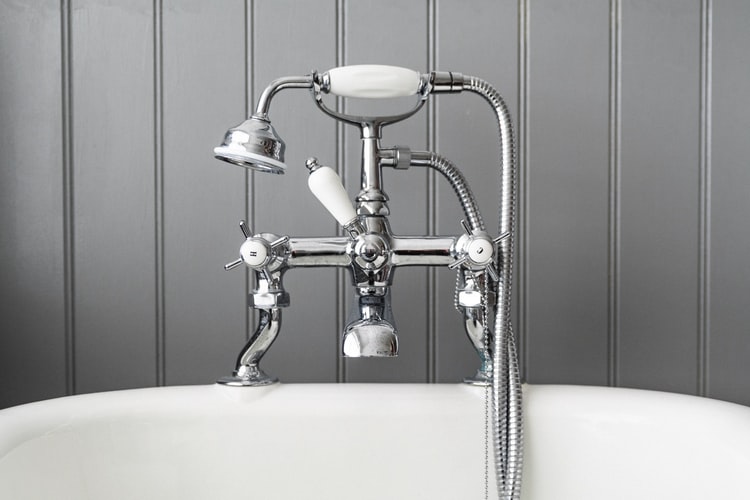
No matter the nature of the problem, it shouldn’t take more than 24 hours to get the problem solved. As mentioned already, your landlord should take the responsibility to call a professional team and ask them to fix the problem or do replacements, if needed. Landlords should ensure that the water heater works properly and tenants of rented apartments don’t pay out the repairs. If you can afford the repairs, it’s even better for you to have your back covered as soon as possible.
Just present the bills to the landlord for repayment. If your landlord refuses to pay you back, you can call at any time a tenant support agency. They’ll help you take back your money through legal methods. Since the landlord doesn’t cover the expenses, simply refuses to pay rent. He is defaulting on the agreement of providing you a safe and healthy environment. Ask for more advice from the tenant support agency and how to legally solve the issue.
Other considerations
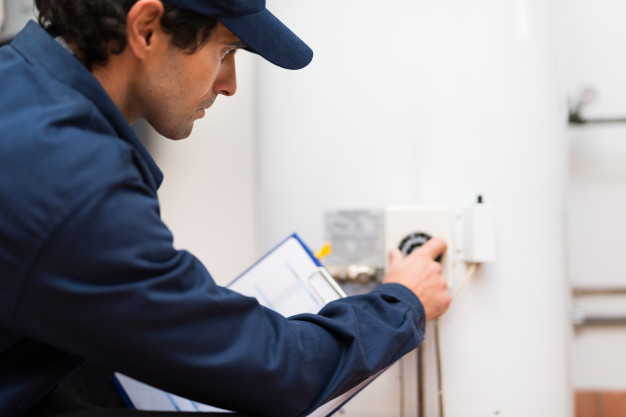
Replacing the water heaters can be expensive, so it’s best to have a trustworthy technician to assess the problem. The statistics show that 4.38 million residential gas and electric storage water heaters were replaced in homes and apartments in the US in 2019. Prices ranged between $650 and $1800. Also, it’s wise to ask the technician to check the water heater and decide its lifespan. If it’s older than 10-15 years, then it might be risky to pay for repairs on that unit. Having no hot water is much like not having electricity in your home. You don’t know how important it is until it’s gone. Although it seems like this won’t happen to you too soon, you might consider taking the responsibility and do some checks now. Have a plumber fix your problem and present the receipts to your landlord after the repairs are done.



